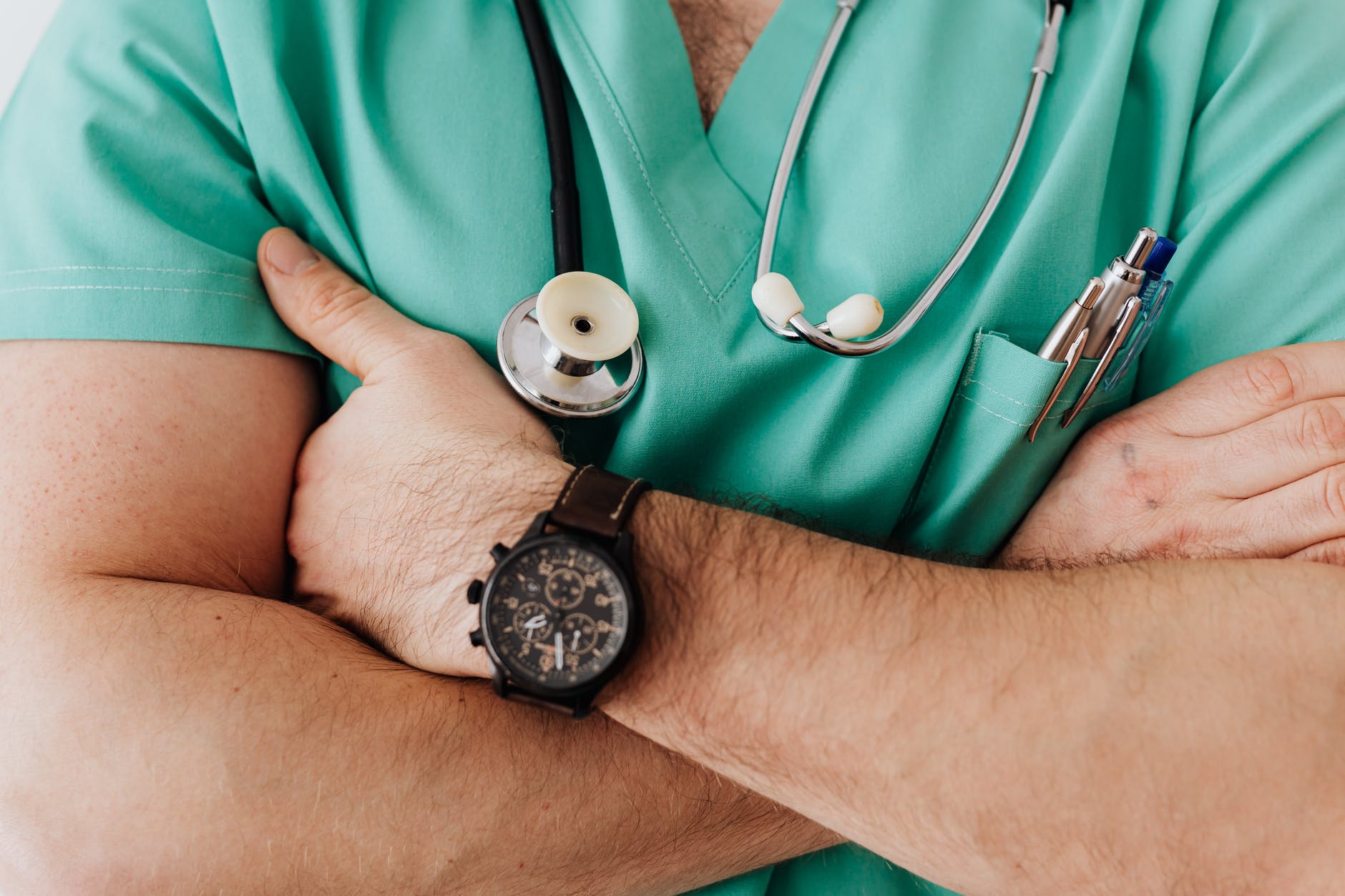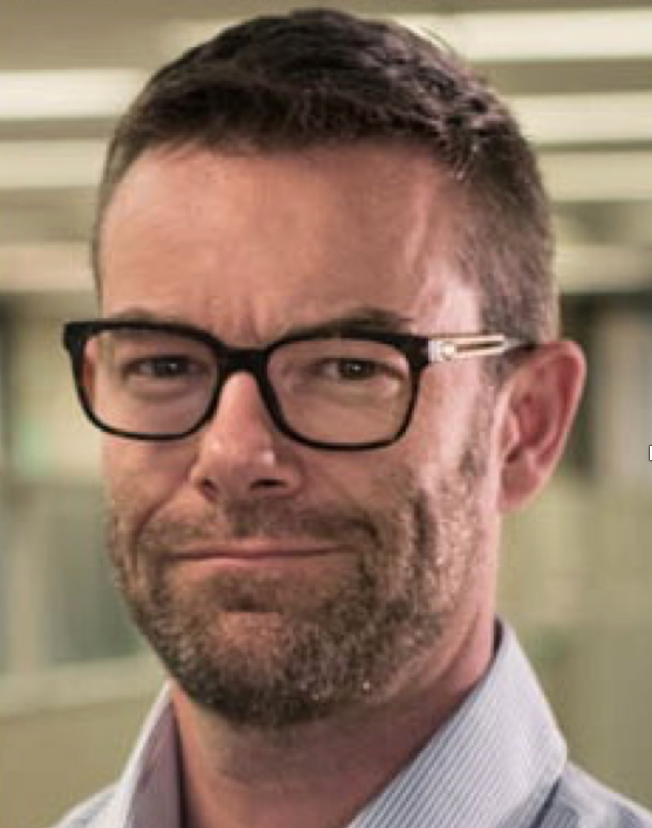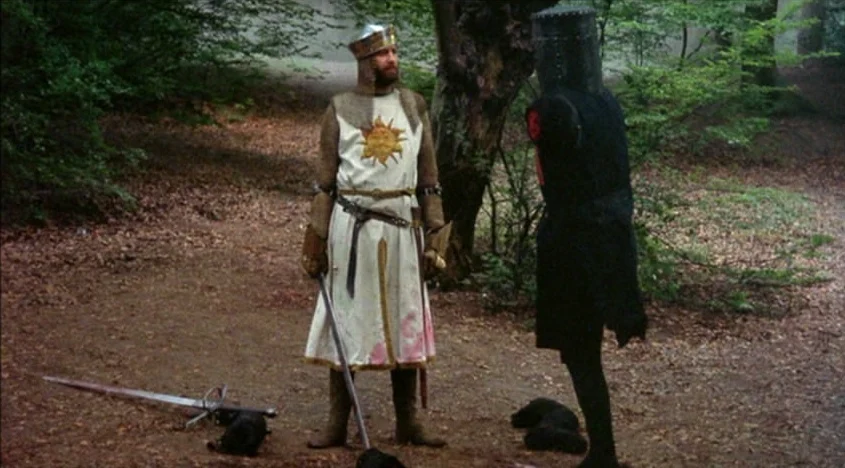I had a cardiac arrest on October 29, 2018, due to what was eventually diagnosed as Brugada syndrome. I came home from an evening shift, went to bed and came back to consciousness more than a week later in the local Cardiac Care Unit (CCU). I was lucky enough to have my cardiac arrest beside my wife, and she was able to perform CPR until the paramedics arrived and shocked me out of ventricular fibrillation. I was kept sedated, cooled, and intubated in the CCU for about a week and then transitioned to a ward where over the next week I slowly regained some strength, got over my in-hospital illnesses and was discharged home with my new Implantable Cardioverter Defibrillator (ICD).
At 47 years old I had not previously thought about dying, but every look in the mirror
and its tell-tale bulge now reminded me of my new found mortality.
It seemed to me that my physical trauma transitioned from an acute to a more chronic and stable condition. It also seemed to me that my wife’s acute stress and anguish of resuscitating me and supporting me through the two weeks of hospital stay seemed to ease off a bit. We both knew only about 10% of people survive an out-of-hospital cardiac arrest and how lucky we were.
So, so lucky.
But what we were completely unprepared for was the familial trauma that my wife and I, and our three children, now shared.
Talk

If I had the opportunity to go back and talk with myself and my family on the day I came home from the hospital, I would emphasize that in many respects the hospital stay is not the most difficult part of surviving a cardiac arrest.
This type of event leaves long-lasting mental health scars along with physical ones. But this can be anticipated, and excellent self-guided help is available for psychological health including meditation supported by smartphone apps, books, videos, and in-person or video-conference-enabled psychotherapy.
There are many experts who can help.
I would also have a word with the hospital care team.
Along with a prescription for heart medication and pain medication to deal with the after-effects of implanting the ICD, I would emphasize the need for information and follow-up plans for the high chance of my entire family experiencing things like anxiety, depression and Post Traumatic Stress Disorder (PTSD). Studies of Intensive Care Unit survivors quote PTSD rates of up to 20%, and in terms of other mental health issues, 40% of cardiac arrest survivors suffer from anxiety and 30% from depression.
Anxiety

I am a physician myself and have cause to walk through the Heart Institute where I had been a patient.
The first time I did this after being away a few weeks to recover at home, I was surprised by being immediately transported in my mind back to the first days of waking up in the CCU, confused, suffering from extreme weakness and fevers, and having nightmarish auditory and visual hallucinations, as my brain got used to being connected back to reality. As the anxiety attack took full effect, I felt panic, fear, rapid breathing, tearfulness, and an overwhelming urge to leave. These panic attacks became reproducible by going to that part of the hospital but were also triggered by things like hearing an ambulance siren, or seeing a resuscitation on television, and they gradually became debilitating.
Of course, in the long tradition of men everywhere, I thought the best thing to do was keep quiet about it and try to fix it myself.
Experts

Over the next weeks, I was gradually able to walk through the Heart Institute and look up to the window I looked out when I was admitted to the hospital without panic and fear, and then I was able to walk up to the ward itself without my heart rate rising, then walk around the ward, and eventually, after a lot of personal work, was able to stand in my room, still and unaffected. This took weeks of effort, however, and did not completely cure my symptoms. It seemed like the symptoms might never go away until my wife convinced me to get professional help.
And guess what.
In a similar fashion to needing an expert in ICD management to manage my ICD, it turned out I needed an expert in PTSD treatment to treat my PTSD.
If I had known that this help was available in the first place, or if having a mental health care check-in as part of the routine follow-up process, it may have saved us a lot of woes. I would wager that if there were any other types of potential medical complications associated with a cardiac arrest stay, such as a blocked stent, or diabetes, there would already be some kind of screening program in place.
Cardiac arrest care gets huge attention and research funding, with an emphasis on the remarkable and life-saving pre-hospital and in-hospital systems needed to react to cardiac arrest. Our family hopes that bringing attention to the mental health sequelae of cardiac arrest will spur others to give attention to dealing, identifying and treating mental health problems associated with cardiac arrest.



So true. Since being part of the SCA UK group, it has never ceased to amaze me how so little support survivors and their families get once they get discharged from hospital. This is just the start of the journey. My care has been better than most, but far from perfect. Self-help groups are excellent but generally people discover these rather than get taken through them.
This was so interesting to read from an SCA survivor who is also in the medical profession – it was the most bizarre thing I’ve been through – having died and been revived the journey for recovery was an emotional rollercoaster – I absolutely think, even though the survival rate is painfully low, we are still survivors, nevertheless. The dying was easy – the journey from then on takes you to places you really would prefer not to visit.
As a person who has suffered with depression I was aware of what was happening to me yet still I needed different tools, my meds were increased but I mostly dealt with it alone but my recovery would not have progressed without the support of the Sudden Cardiac Arrest UK Facebook page – set up by Paul Swindell. So many of us are eternally grateful for this group but I can’t help thinking there needs to be something in place! We are special but we don’t always feel special and only survivors can understand that! Big hugs
Ten years ago there was nothing at my hospital GP or community that I was offered and this group didn’t exist . Since finding this group I realise how much more I would have benefitted from .
Thank you for writing this – it is insightful and encouraging.